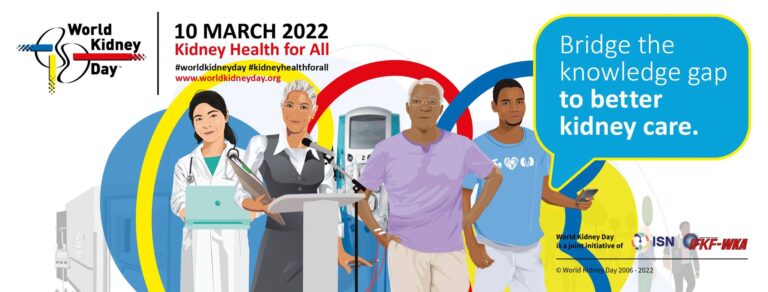The Role Hunger Plays in Our Diets
For the past several years, the term “hangry” (a combination of hungry and angry) has been all the rage on social media and commercials. And while hangry is a contrived term, there is a reason for it being coined. In case you have not noticed, one of the signals that you are hungry is irritability, also known as being grumpy or angry. However, the state of being hangry, often times, must be pointed out to us by others because we usually fail to recognize it as a hunger cue. In a sense, many of us have become disconnected from our hunger signals and view hunger as something to be avoided, when, in fact, hunger should be embraced and used to improve our eating habits.
Hunger plays a crucial role in good health. One could argue the most important role. Our bodies send us cues informing us to seek sustenance at our earliest convenience. However, we have forgotten what those cues are or are so distracted with our work-a-day lives that we fail to notice them. These hunger signals include the aforementioned irritability, as well as mild headaches, stomach pangs, low energy levels, lack of concentration, light-headedness, and physical weakness. Unfortunately, if we do feel and recognize those cues, we usually plow through them much to our detriment later.
Raise your hand if this has happened to you…you eat a modest breakfast in-line with the current diet you’re following. You then get involved in your day which becomes so busy and stressful, that you either forget to eat lunch and/or snacks throughout your day or simply claim you have no time to eat. You then return home around dinner time (or, if working from home, end your last Zoom call at dinner time) and then proceed to gorge yourself on whatever is available or order some unhealthy food from Uber Eats (cue the guilt). This is no way to good nutritional health.
A better way is to simply slow down at some point in your day and follow the hunger cues your body sends you. After all, it does so for a reason. Your body wants you to eat, not binge hours later after you have ignored the cues it sent you. Once you have learned to recognize your hunger cues, you can then also rate your level of hunger on a 1-10 scale as follows:
1=famished
3=hunger pangs, need to eat
5=comfortable, but getting low on gas
6=somewhat full, content, and satisfied
8=overfull, loosening the belt
10=I’m NEVER going to eat that much again…ever!
It helps to associate some of the numbers on the scale to a past eating or hunger “event.” It helped me to recall past over-indulging drunk “events” and place them on a 1-10 scale. The events above 7 on my drunk event scale usually involved idiotic behavior and reverse peristalsis (Google it). Anyway, when thinking about an eating event, I continually come back to visiting an Amish buffet restaurant in Lancaster, Pennsylvania. I was 12 and it was my first exposure to homemade apple butter. I ate so much of that homemade butter and bread that it made me physically incapacitated for about an hour. I’m sure most of us have similar stories of overeating and usually those overeating stories are preceded by a story of going an extended period of time without eating, for whatever reason. Use those memories to create your own hunger scale and when your hunger scale drops to 4 or below, understand that it is time to eat in a healthy manner.
The moral of the story? Learn to recognize your hunger cues, even during busy times, and use them to keep your hunger scale between 5 and 7. Also use those cues to avoid binge eating later in the day, which study after study proves is unhealthy. Remember, hunger is your friend and plays a very useful role in your nutritional health.



